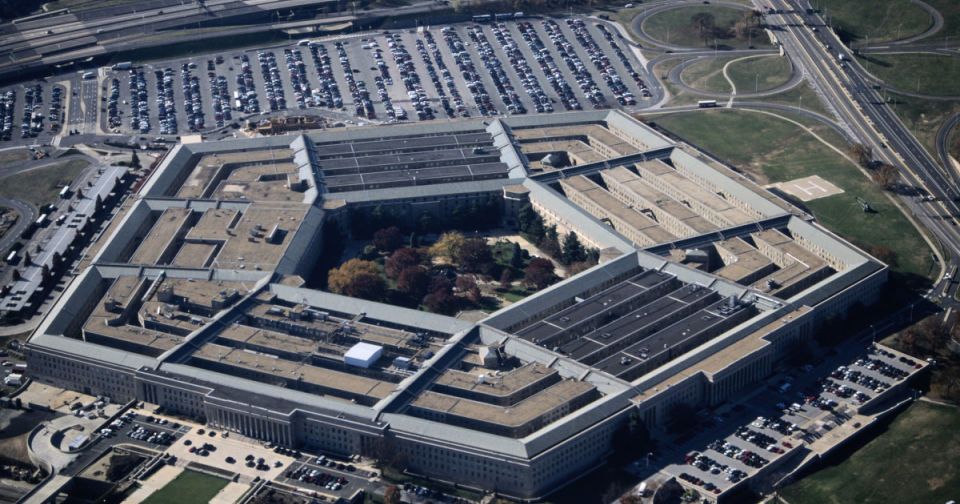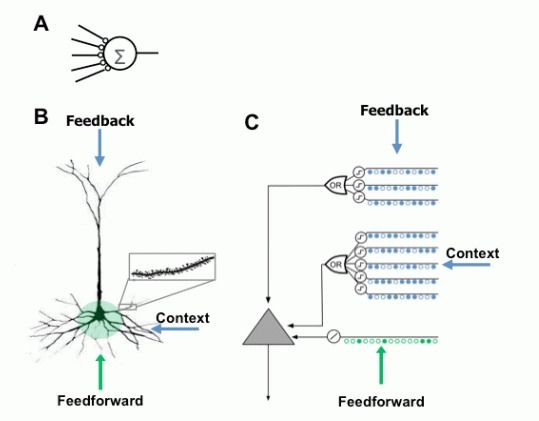The Pentagon has quietly put out a call for vendors to bid on a contract to develop, execute and manage its new cyber weaponry and defense program. The scope of this nearly half-billion-dollar “help wanted” work order includes counterhacking, as well as developing and deploying lethal cyberattacks — sanctioned hacking expected to cause real-life destruction and loss of human life.
In June 2016, work begins under the Cyberspace Operations Support Services contract (pdf) under CYBERCOM (United States Cyber Command). The $460 million project recently came to light and details the Pentagon’s plan to hand over its IT defense and the planning, development, execution, management, integration with the NSA, and various support functions of the U.S. military’s cyberattacks to one vendor.
While not heavily publicized, it’s a surprisingly public move for the Pentagon to advertise that it’s going full-on into a space that has historically been kept behind closed doors. Only this past June, the Department of Defense Law of War Manual (pdf) was published for the first time ever and included Cyber Operations under its own section — and, controversially, a section indicating that cyber-weapons with lethal outcomes are sanctioned by Pentagon doctrine.








